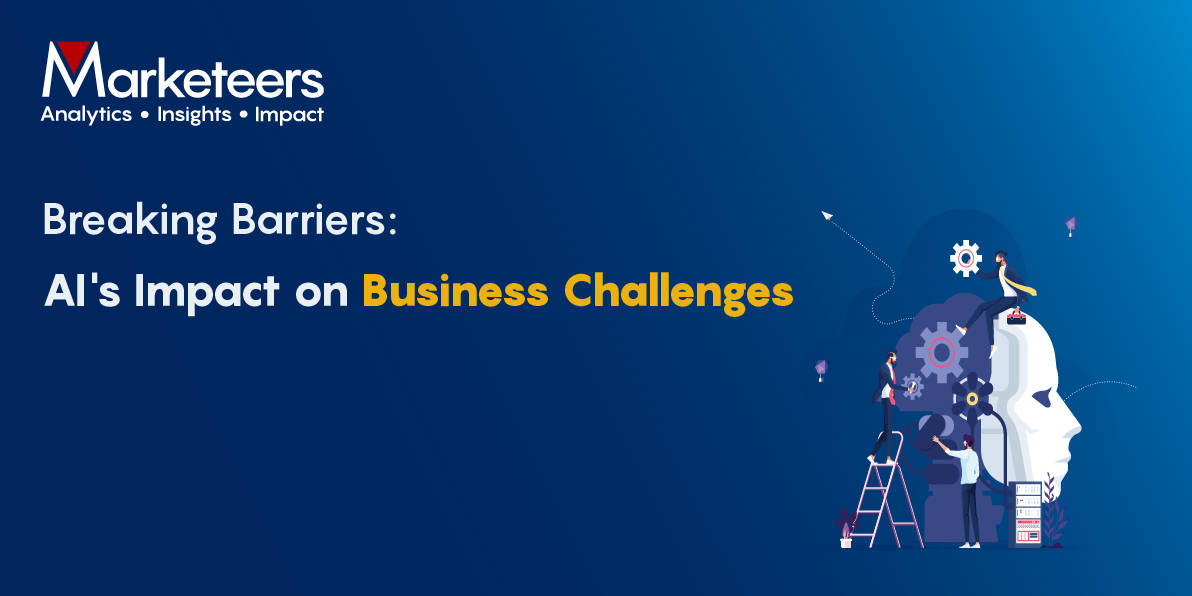The constantly changing business landscape demands businesses embrace a mindset of agility in their decision-making process. This means moving beyond rigid, binary thinking to more flexible approaches. About 91% of organizations are actively pursuing digital initiatives, as stated in Gartner’s findings.
In fact, the adoption of AI has become a prerequisite for many organizations looking to survive and thrive in today’s market. Currently, 35% of organizations worldwide have adopted AI. By exploring how business challenges have shifted before and after the implementation of AI, our article seeks to shed light on its impact on organizations.
1. VUCA World
Before AI: Traditional forecasting methods and historical data were no longer relevant. As a result, companies miss opportunities and struggle to make informed decisions.
After AI: Powerful predictive modeling tools are used to analyze vast amounts of data and identify patterns, and trends, and mitigate risks.
2. Technology Impact Evolving
Before AI: Businesses struggled to keep up with the rapid pace of technological change. This is because they relied on manual processes and human expertise.
After AI: Advanced automation and machine learning tools have empowered businesses to be more agile and responsive to change. These tools automate routine tasks, freeing up employees for more strategic activities.
3. Diversified Competitive Ecosystem
Before AI: For businesses to stay competitive, they had to invest heavily in market research and analysis, as well as manual processes to streamline operations and reduce costs.
After AI: By analyzing vast amounts of data from multiple sources, businesses can gain valuable insights into consumer behavior. These insights can be used to tailor their products and services to meet evolving customer needs.
Our AI-powered RGM platform empowers businesses to seize every opportunity for sustainable growth. With cutting-edge technology that predicts trends in real-time, our platform enables you to optimize your pricing strategy.







